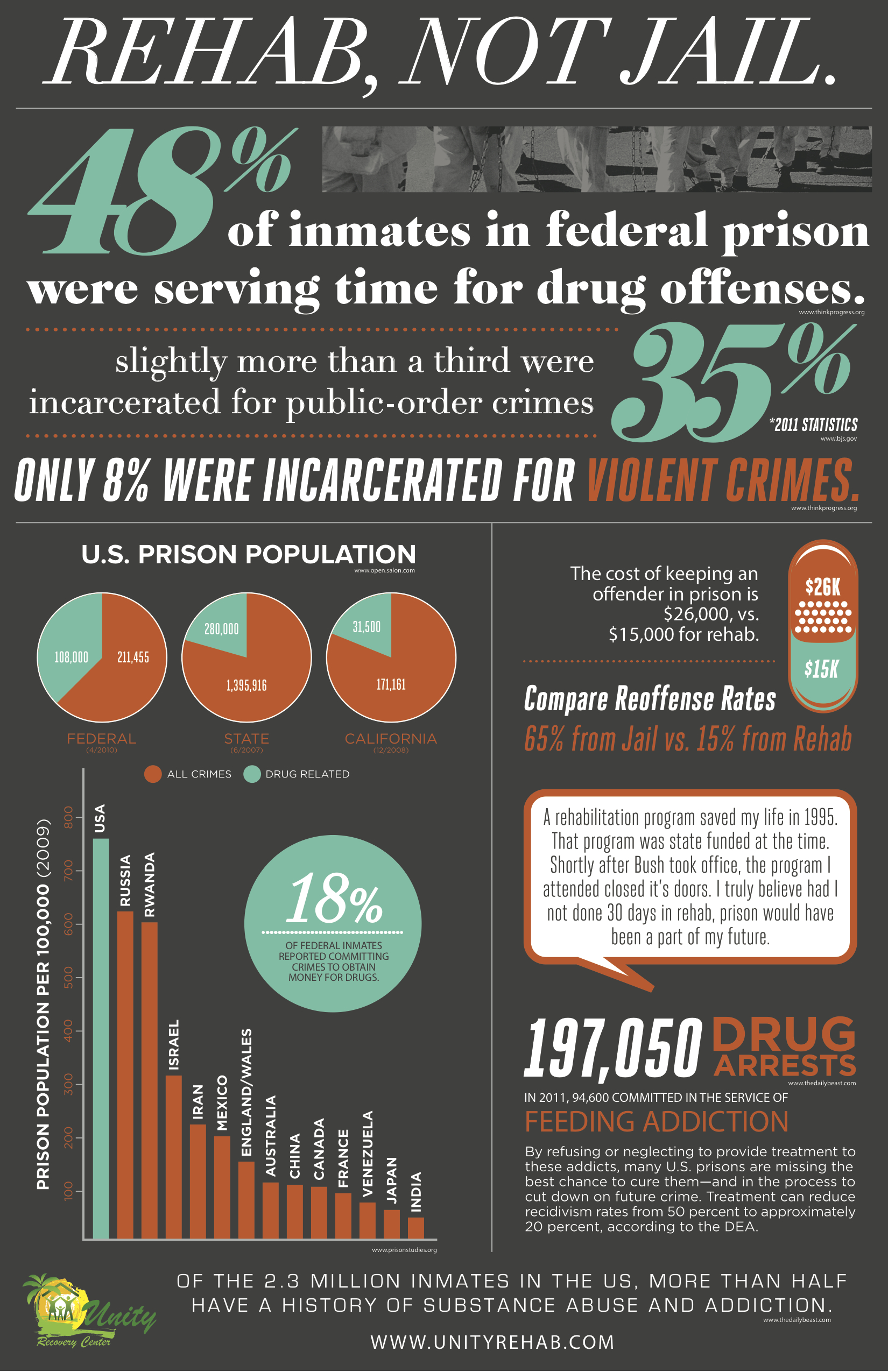Breaking The Stigma: Getting Rid Of Shame And Guilt In Drug Rehab
Breaking The Stigma: Getting Rid Of Shame And Guilt In Drug Rehab
Blog Article
South Los Angeles Dual Diagnosis Evaluation -Andreasen Burnham
You're not the only one in the battles you encounter, and resolving the preconception bordering shame and regret in Drug rehabilitation is the initial step in the direction of redeeming your life. By exploring the origins of these emotions and learning to browse them in an encouraging environment, you can pave the way for real recovery and growth. Remain tuned to discover how breaking free from the weight of pity and shame can open a course to self-acceptance and a future full of promise and positivity.
The Influence of Embarassment and Regret
Experiencing shame and regret can significantly hinder your development in Drug rehabilitation by developing obstacles to self-acceptance and healing. When you bring the weight of shame for past actions or guilt for the influence of your dependency on enjoyed ones, it can be testing to progress. These feelings may result in low self-confidence, making it tough to rely on your ability to transform and recover.
Embarassment and regret can also fuel unfavorable thought patterns, reinforcing the idea that you're unworthy of assistance or redemption. This can avoid you from completely taking part in the recovery procedure and looking for support when required. The concern of judgment from others or the fear of encountering your very own emotions may lead you to prevent essential discussions or treatment sessions.
Recognizing and dealing with these feelings is essential for your healing trip. By resolving your embarassment and guilt in a secure and encouraging atmosphere, you can start to grow self-compassion and forgiveness. This change in mindset can encourage you to embrace the recuperation process with a newfound feeling of hope and determination.
Strategies for Healing and Improvement
To promote your recovery and makeover in Drug rehab, applying reliable strategies is vital. One vital method is to proactively engage in treatment sessions. By participating totally in private and team therapy, you can resolve underlying concerns, discover dealing mechanisms, and get support from professionals and peers.
Another important method is to focus on self-care. This includes getting sufficient rest, consuming healthy dishes, and engaging in physical activities that promote health. In addition, practicing mindfulness and reflection can help you stay existing and take care of cravings or causes effectively.
Setting practical objectives and celebrating small victories in the process can also add dramatically to your healing journey. By breaking down your recovery process into manageable actions, you can preserve motivation and track your progress.
Moreover, surrounding on your own with a positive support group of friends, family members, or fellow individuals in healing can supply inspiration and accountability. Remember, everyone's course to recovery is distinct, so it's essential to find techniques that reverberate with you personally and adapt them as required to cultivate long lasting transformation.
Accepting a Life of Sobriety
Embrace sobriety as a new phase in your life, filled with possibilities for growth and satisfaction. Making the decision to live a sober life is a bold step towards a brighter future. By choosing South Los Angeles Aftercare Support Programs , you're choosing to prioritize your wellness and recover control over your life. It may appear daunting in the beginning, but remember that everyday sober is a day of progression and strength.
As you accept sobriety, surround yourself with supportive and understanding people that uplift and encourage you on this journey. Take part in activities that bring you joy and satisfaction, helping you rediscover the beauty of life without compounds. Welcoming a life of soberness isn't about starvation yet concerning empowerment. It opens doors to brand-new opportunities and allows you to get in touch with your authentic self.
Celebrate each milestone in the process, no matter exactly how tiny, as they represent your resilience and resolution. Bear in mind, soberness is a gift you offer on your own, bring about a life full of quality, function, and endless capacity.
Conclusion
To conclude, damaging the stigma bordering embarassment and shame in Drug rehabilitation is vital for individual development and recovery. By addressing these feelings head-on, practicing self-care, and embracing soberness as a brave choice, people can change their lives and uncover happiness and objective.
With a favorable support system and a commitment to self-improvement, getting over pity and guilt paves the way for empowerment and a fulfilling, sober future.
